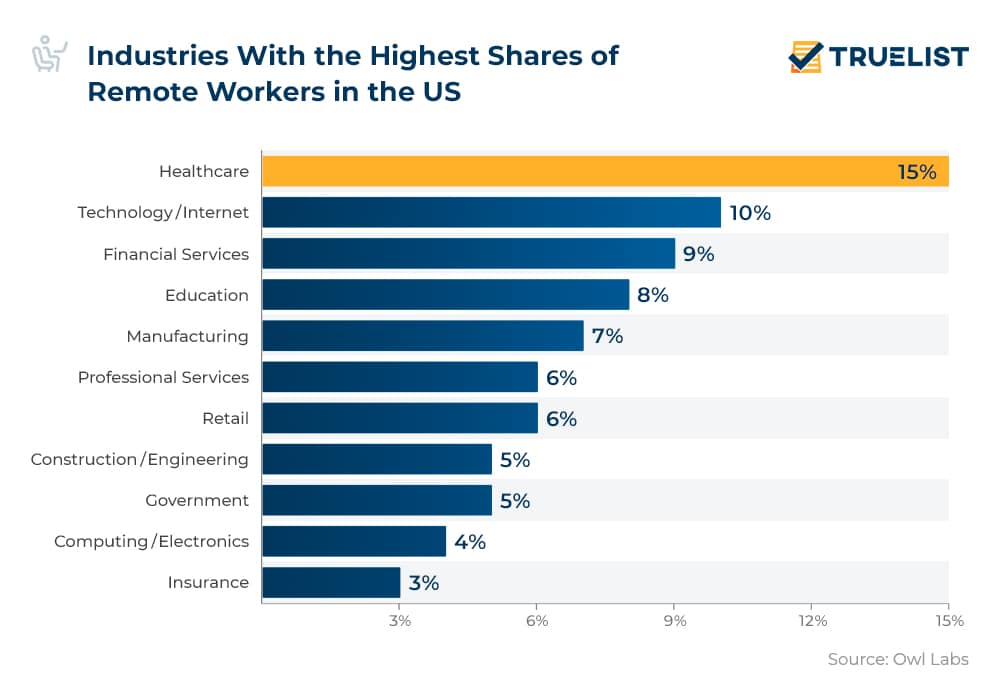The Rise Of Remote Work In The Philippines: A Guide To Legitimate Online Jobs
The Rise of Remote Work in the Philippines: A Guide to Legitimate Online Jobs
Related Articles: The Rise of Remote Work in the Philippines: A Guide to Legitimate Online Jobs
Introduction
With great pleasure, we will explore the intriguing topic related to The Rise of Remote Work in the Philippines: A Guide to Legitimate Online Jobs. Let’s weave interesting information and offer fresh perspectives to the readers.
Table of Content
The Rise of Remote Work in the Philippines: A Guide to Legitimate Online Jobs

The Philippines has emerged as a global hub for remote work, offering a vast pool of skilled and English-proficient individuals seeking flexible employment opportunities. This trend, fueled by technological advancements and the increasing demand for remote work, has created a thriving ecosystem of legitimate online jobs for Filipinos. This article delves into the various avenues for online employment, providing a comprehensive guide to navigate this dynamic landscape.
Understanding the Landscape of Online Jobs in the Philippines
The Philippines boasts a robust internet infrastructure and a highly educated workforce, making it an ideal location for remote work. The country’s strong English proficiency, a legacy of its colonial past, further enhances its appeal to global employers seeking skilled professionals.
Types of Legitimate Online Jobs in the Philippines
The spectrum of legitimate online jobs in the Philippines is vast and diverse, encompassing a range of skills and expertise. Here are some prominent categories:
1. Customer Service and Support:
- Virtual Assistants: Providing administrative, technical, or creative support to clients remotely.
- Customer Service Representatives: Handling inquiries, resolving issues, and providing customer support via phone, email, or chat.
- Live Chat Agents: Engaging with website visitors in real-time to answer questions and provide assistance.
2. Content Creation and Writing:
- Content Writers: Creating engaging and informative content for websites, blogs, articles, and social media.
- Copywriters: Writing persuasive and compelling marketing materials, including advertisements, sales pages, and website copy.
- Technical Writers: Producing clear and concise documentation for software, products, and services.
- Translators and Interpreters: Translating written or spoken content between languages.
3. Data Entry and Administration:
- Data Entry Clerks: Entering data into databases or spreadsheets from various sources.
- Virtual Assistants: Handling administrative tasks, such as scheduling appointments, managing emails, and preparing presentations.
- Bookkeepers: Maintaining financial records, processing invoices, and preparing financial statements.
4. Design and Development:
- Web Designers: Creating visually appealing and functional websites.
- Graphic Designers: Designing logos, brochures, marketing materials, and other visual content.
- Software Developers: Building and maintaining software applications.
- UI/UX Designers: Designing user interfaces and user experiences for websites and applications.
5. Teaching and Education:
- Online English Teachers: Teaching English to students worldwide via video conferencing platforms.
- Tutoring: Providing personalized academic support to students in various subjects.
- Curriculum Developers: Creating educational materials and resources for online courses and programs.
6. Marketing and Sales:
- Social Media Managers: Managing social media accounts, creating content, and engaging with followers.
- Digital Marketers: Implementing online marketing strategies, including search engine optimization (SEO), pay-per-click (PPC) advertising, and email marketing.
- Sales Representatives: Generating leads, closing deals, and managing customer relationships remotely.
7. Freelancing and Gig Work:
- Freelance Writers, Editors, and Proofreaders: Providing writing, editing, and proofreading services on a project basis.
- Freelance Graphic Designers and Web Developers: Offering design and development services to clients on a freelance basis.
- Virtual Assistants: Providing administrative, technical, or creative support to clients on a freelance basis.
Finding Legitimate Online Jobs in the Philippines
Navigating the world of online jobs requires careful consideration to ensure legitimacy and safety. Here are some reliable avenues for finding legitimate online work:
- Online Job Boards: Websites like Indeed, Upwork, Freelancer, and Guru offer a wide range of remote job listings.
- Company Websites: Many companies actively recruit for remote positions, so checking their websites for open roles is crucial.
- LinkedIn: This professional networking platform connects job seekers with potential employers and allows for direct messaging to explore opportunities.
- Specialized Job Boards: Websites like Virtual Assistant Jobs, Remote.co, and We Work Remotely cater specifically to remote job seekers.
- Freelancing Platforms: Platforms like Upwork, Fiverr, and Guru allow freelancers to bid on projects and build their portfolios.
Tips for Identifying Legitimate Online Job Opportunities
- Research the Company: Verify the legitimacy of the company by checking its website, social media presence, and online reviews.
- Be Wary of Scams: Avoid opportunities that require upfront payment, guarantee unrealistic earnings, or ask for personal financial information.
- Read the Terms and Conditions: Carefully review the terms of employment, including payment terms, work hours, and confidentiality agreements.
- Trust Your Instincts: If something feels too good to be true, it likely is. Trust your intuition and avoid opportunities that raise red flags.
Benefits of Working Online in the Philippines
- Flexibility: Remote work allows for greater control over work schedules and the ability to work from anywhere with an internet connection.
- Work-Life Balance: The flexibility of remote work allows for better integration of personal and professional life.
- Cost Savings: Working from home can reduce commuting costs, childcare expenses, and other associated expenses.
- Global Opportunities: Remote work opens doors to opportunities with companies worldwide, expanding career prospects.
- Increased Productivity: Working in a comfortable and familiar environment can often lead to increased productivity and focus.
FAQs about Online Jobs in the Philippines
1. What are the qualifications required for online jobs in the Philippines?
The qualifications vary depending on the specific job. However, most online jobs require strong English communication skills, proficiency in computer skills, and a reliable internet connection. Specific roles may require additional skills, such as technical expertise, design skills, or specialized knowledge in a particular field.
2. How can I ensure the legitimacy of an online job offer?
- Verify the company’s legitimacy by checking its website, social media presence, and online reviews.
- Research the job offer and compare it to similar positions on reputable job boards.
- Be cautious of opportunities that require upfront payment, guarantee unrealistic earnings, or ask for personal financial information.
3. What are the legal considerations for online work in the Philippines?
- The Philippines has laws governing remote work, including the "Telecommuting Act of 2012," which outlines the rights and responsibilities of both employees and employers in remote work arrangements.
- It is essential to understand the legal framework and ensure compliance with relevant regulations.
4. What are the challenges of working online in the Philippines?
- Internet Connectivity: Reliable internet access is crucial for remote work, and fluctuations in connectivity can be a challenge.
- Work-Life Balance: The flexibility of remote work can sometimes lead to blurred lines between work and personal life, making it essential to establish clear boundaries.
- Isolation: Working from home can lead to feelings of isolation and loneliness, requiring conscious efforts to maintain social connections.
5. What are the future prospects for online jobs in the Philippines?
The demand for remote work is expected to continue growing, offering significant opportunities for Filipinos seeking flexible and rewarding employment. As technology advances and more companies embrace remote work models, the Philippines is well-positioned to become a global leader in this burgeoning field.
Conclusion
The Philippines has emerged as a dynamic hub for legitimate online jobs, offering a diverse range of opportunities for Filipinos seeking flexible and rewarding employment. By understanding the landscape of online work, utilizing reliable resources for job searches, and adhering to safety precautions, individuals can navigate this growing sector and secure fulfilling careers in the digital realm. The future of work in the Philippines is increasingly intertwined with the online world, presenting exciting possibilities for those who embrace the challenges and rewards of remote employment.








Closure
Thus, we hope this article has provided valuable insights into The Rise of Remote Work in the Philippines: A Guide to Legitimate Online Jobs. We appreciate your attention to our article. See you in our next article!
You may also like
Recent Posts
- Navigating The Digital Landscape: Online Job Opportunities For 17-Year-Olds
- Navigating The Amazon Ecosystem: Online Opportunities For Students
- Navigating The Digital Landscape: Online Jobs In Illinois
- Navigating The Realm Of Remote Work In Malta: A Comprehensive Guide
- The Rise Of Remote Work: A Comprehensive Look At Online Jobs In America
- Unlocking Opportunities: Online Tutoring As A Career Path For Women
- The Rise Of Remote Work: A Comprehensive Guide To Online Jobs From Home In The USA
- The Digital Frontier: Navigating Entry-Level Online Jobs Without Prior Experience
Leave a Reply